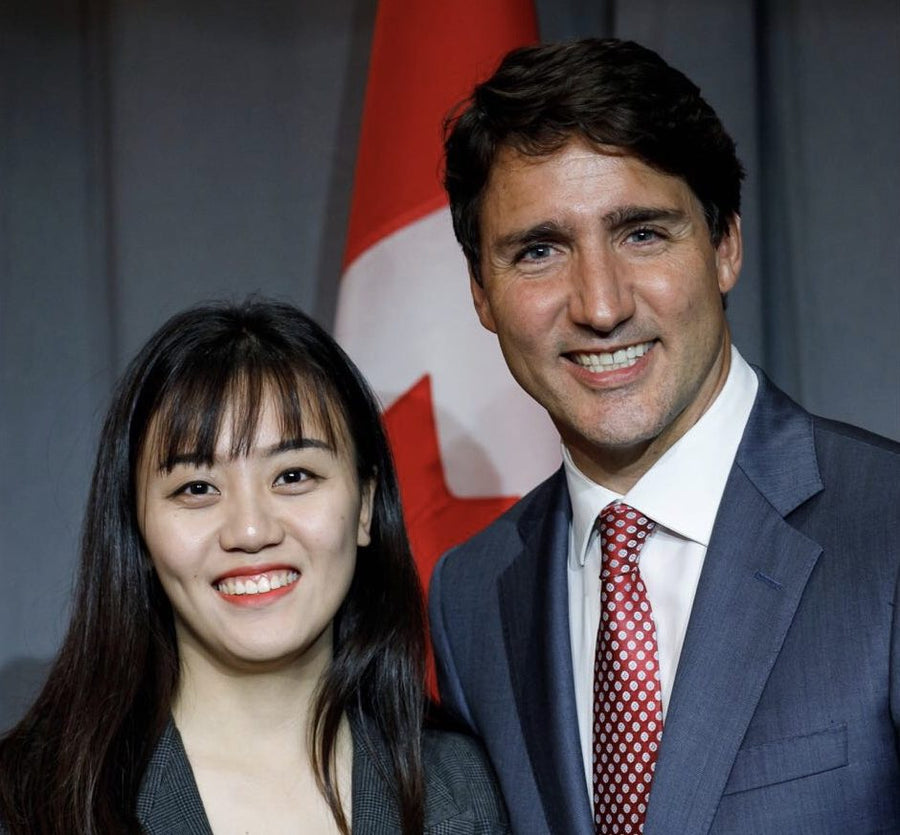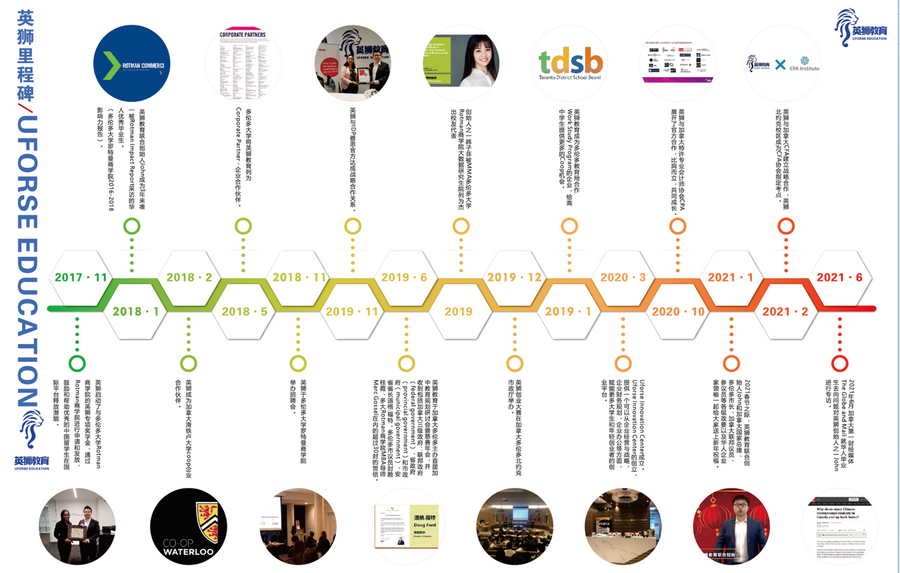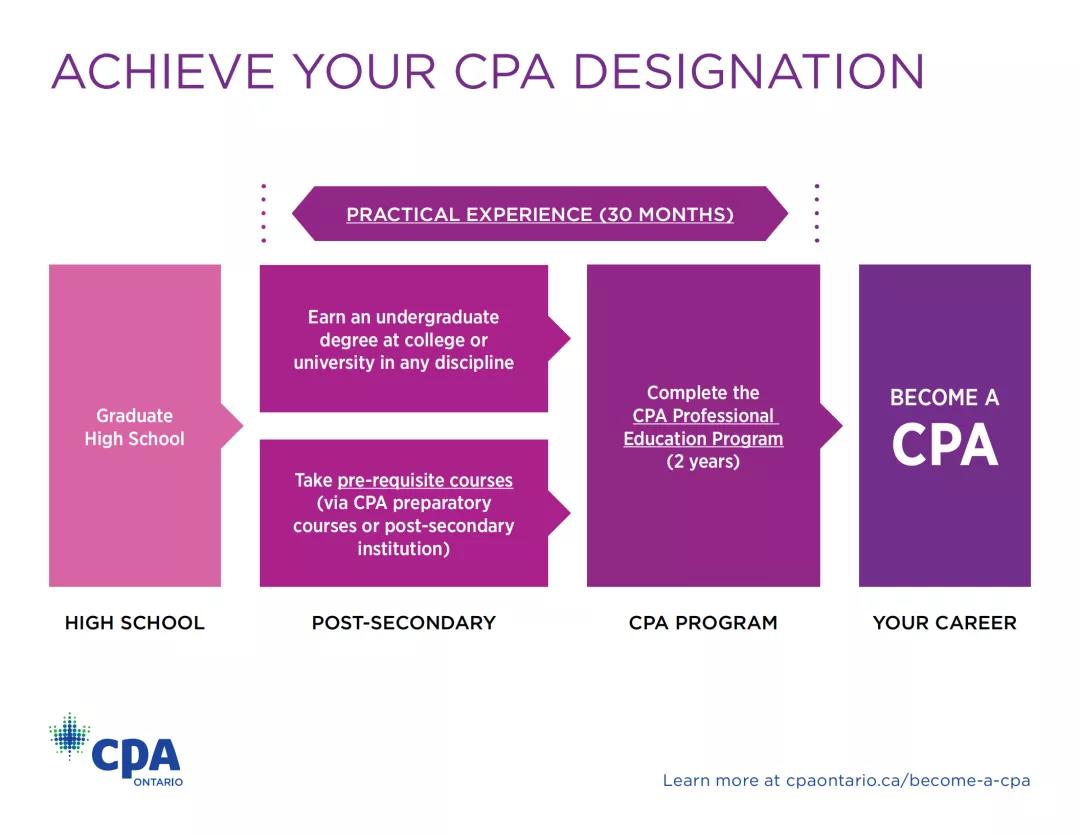With Canada’s latest immigration policy adjustments, is there still hope for international students to stay in Canada?

Canadian immigration policy adjustments
On November 12, Canada’s Immigration Minister Marc Miller provided insights into important issues of concern to international students in an interview on immigration policy. As protests by international students intensify in cities across Canada, many international students are calling for an extension of work permits to secure their future in Canada. Minister Miller provided a candid overview of the government’s position on international students’ rights, challenges within the immigration system, and recent immigration policy changes designed to balance economic growth with public welfare.
In the interview, Miller touched on pressing issues in the immigration space , from work permits for international students to the recently closed Student Direct Scheme (SDS), and Canada’s processing of asylum claims.
1. There is no automatic path from study permit to permanent residency
Minister Miller stressed that studying in Canada does not automatically guarantee permanent residency (PR) . “When people come here and decide to become a student, that does not automatically guarantee them permanent residency,” Miller said, responding to growing calls from international students for a streamlined pathway to permanent residency.
This distinction emphasizes the importance of separating the study permit and PR pathways, while also emphasizing that while international students have the right to protest being in a democratic country, Canada’s immigration policy prioritizes maintaining an orderly, balanced system.
2. Work permit extension is not guaranteed
Many international students are facing the expiration of their Postgraduate Work Permit (PGWP) and have been pressuring the government to extend their work permits.
Minister Miller acknowledged their concerns but made it clear that the government would not automatically grant extensions . "Some students will have to make difficult decisions about whether to leave Canada," Miller noted.
3. Balancing temporary and permanent residence
The Government has taken decisive steps to reduce the number of temporary residents, including international students, in order to more effectively manage population movements .
“We had to reduce the number of permanent residents by a little over 20 per cent,” Miller said, pointing to the latest cuts as a way to stabilize the immigration system and ensure it supports Canada’s economic and social fabric.
While the changes have drawn mixed reactions, Miller noted the need to align Canada’s immigration levels with long-term needs, which include addressing the country’s aging population and labour shortages without placing undue pressure on housing and public services.
4. Closure of direct student immigration applications
The recent closure of the Student Direct Scheme (SDS) has sparked concerns among potential international students, especially from countries such as India.
The Student Express program previously provided fast-track study permits for eligible students, but with recent policy changes, the program's functionality has been reduced and it has been shut down . Miller said the decision helps Canada manage its international relations and control the inflow of study permits. Miller also stressed that geopolitical tensions were also a factor in the decision, reflecting the government's efforts to ensure that visa issuance is aligned with Canada's security and diplomatic priorities.
5. Managing asylum claims and the integrity of the immigration system
Miller stressed the importance of maintaining the integrity of Canada's refugee system when it comes to the rising number of asylum applications, especially from students. He is concerned that some international students may abuse asylum applications as a last resort to stay in Canada . "Some of these applications are unethical," he said, stressing that asylum is for those who are truly in danger and should not be used as a workaround by those whose circumstances have not changed significantly in their own countries.
6. The economic impact of reducing immigration
In response to calls to suspend immigration, Miller explained that stopping immigration would have a serious impact on the economy. Canada has an aging population and needs a constant influx of young workers to maintain its tax base and support its health care system.
“It would not be economically justifiable to pause or stop immigration for three years,” he asserted, stressing the importance of balancing immigration inflows to sustain Canada’s economy.
Instead, the government has opted for a modest 20% reduction in immigration levels, a move designed to ensure new immigrants can be effectively integrated into the workforce while supporting economic stability.
7. Collaborate with educational institutions and provinces
The immigration minister stressed the need for collaboration between federal, provincial and educational institutions to create a more manageable and accountable immigration system.
Institutions, employers and provinces must work together to ensure that Canada's immigration system meets both the needs of the labour market and the socioeconomic needs of local communities. Miller stressed that different provinces have different needs, and his goal is to create a system that meets these specific needs without compromising the overall immigration framework.
8. Impact on the future of international students in Canada
Changing immigration policies and their impact on international students raise questions about Canada’s long-term position on attracting and retaining global talent. Minister Miller’s comments underscore the government’s approach to prioritizing immigration streams that meet Canada’s economic needs while managing the pressures that come with high immigration volumes. While Canada continues to attract students from around the globe, recent policy changes suggest it is taking a more selective approach. The closure of the SDS , coupled with stricter rules around work permits and PR eligibility, suggests that international students in Canada will need to carefully navigate the changing immigration landscape.
Summarize
Minister Miller’s interview sheds light on the government’s position on challenging issues surrounding international students, work permits, and Canadian immigration policy as a whole.
While recognizing the importance of international students, the government is committed to maintaining the integrity of the immigration system and ensuring that the pathway to work permits and permanent residency is in Canada's long-term interest. As Canada's immigration policy continues to evolve, international students need to stay informed and explore their options within the prescribed framework. Minister Miller's remarks reflect Canada's balance between maintaining a welcoming stance on immigration and ensuring that the immigration system is sustainable, secure and in line with the national interest.
Add an academic advisor for registration consultation 







